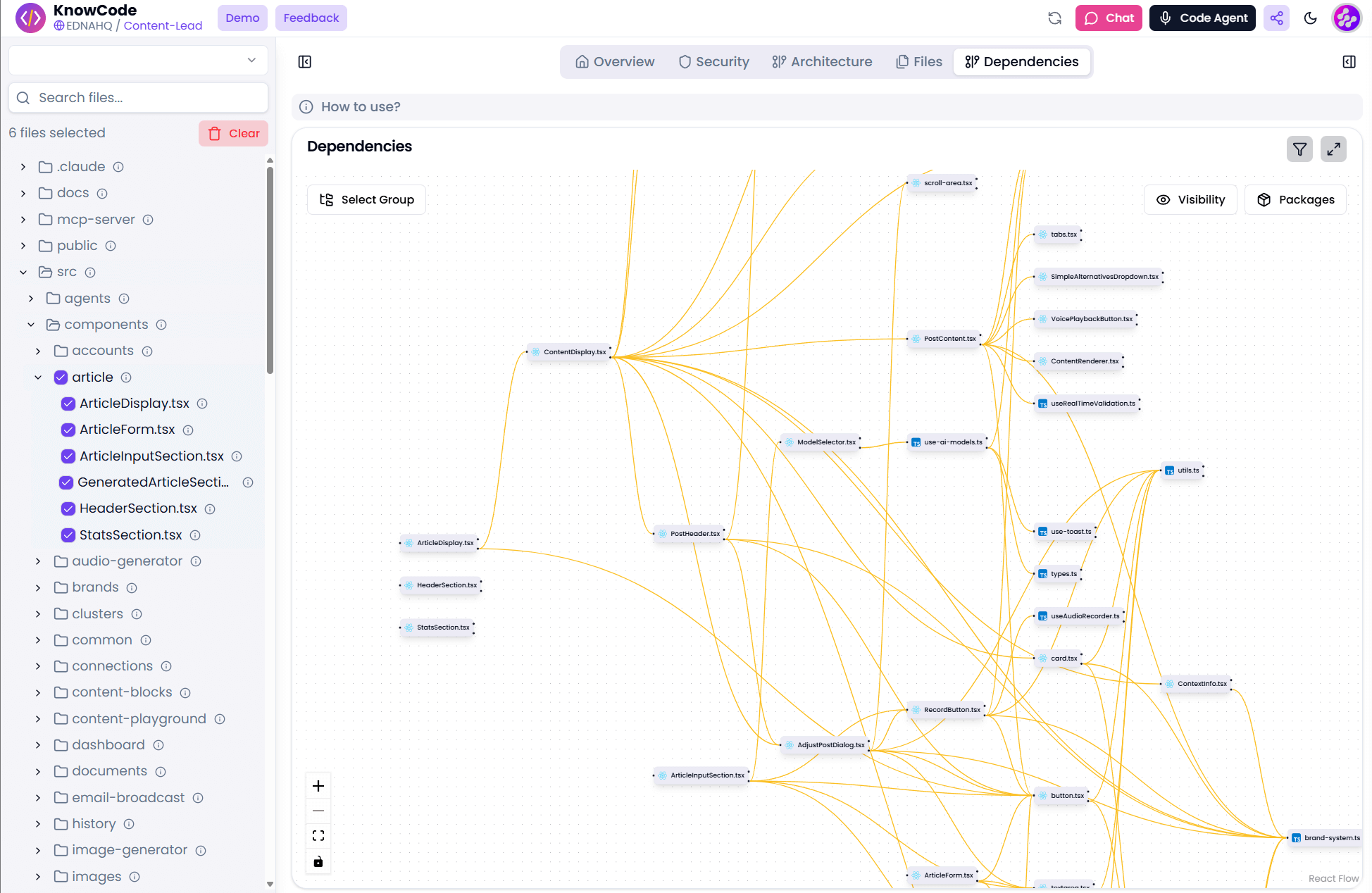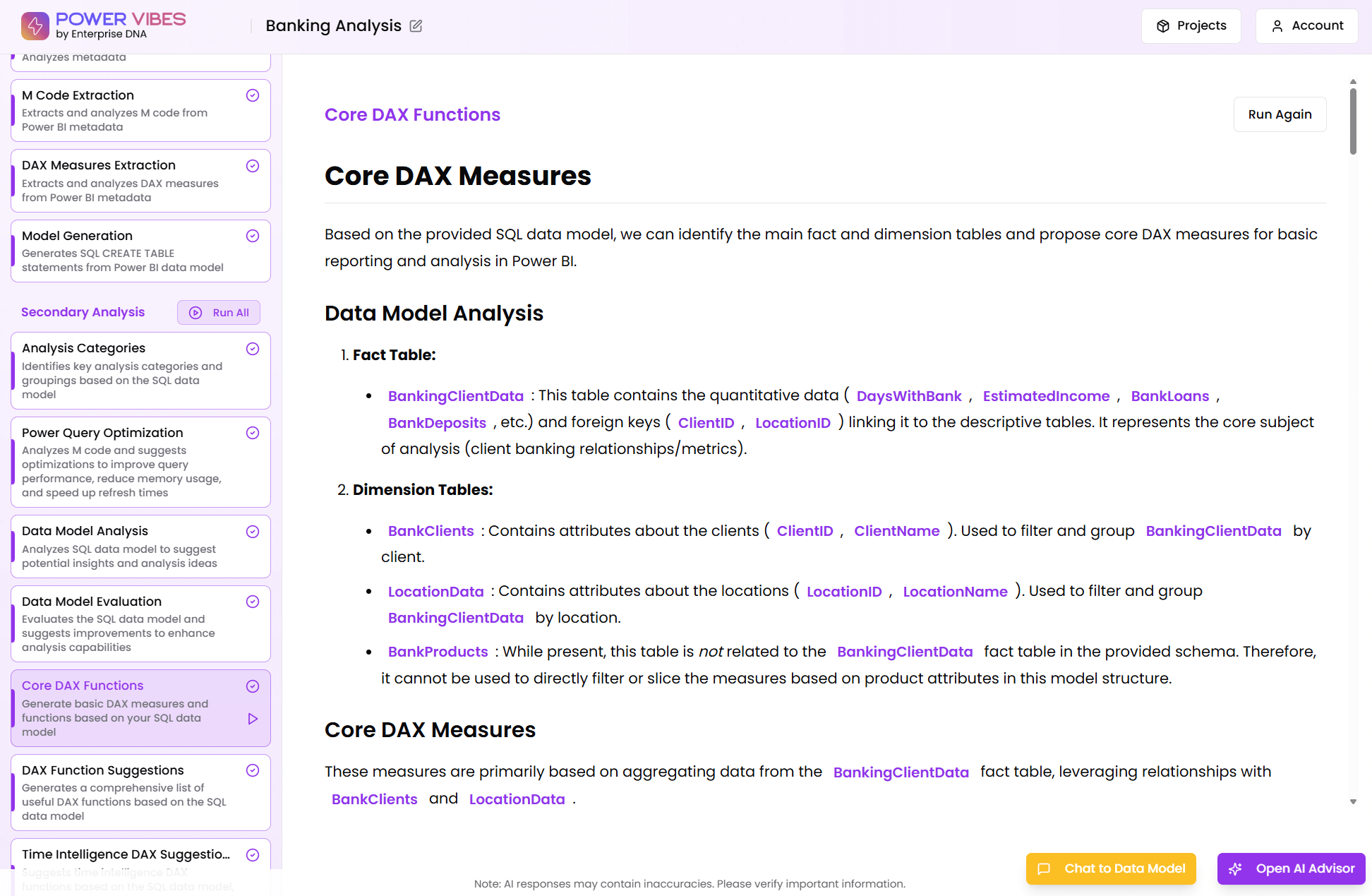- learn expand_moreMenu chevron_right

Business
expand_more
Learning Center
expand_more
Resource Center
expand_more
Community
expand_more - MENTOR expand_moreMenu chevron_rightMENTOR

Prompt Central
expand_morePrompt Central

Report Builder
expand_moreReport Builder
- Apps expand_more
Fullstack Toolkit
Premium Apps (Sold Separately)
Menu chevron_right - Builders
- pricing
DAX Function Guide
VAR.P
Sam McKay
CEO & Founder
How does the VAR.P work?
The VAR.P function (DAX) returns the variance of the entire population.
VAR.P Formula Syntax
VAR.P(
<columnName>
)
How do you use the VAR.P?
The VAR.P function calculates variance for data that represents an entire population. Variance measures how far a data set is spread out, giving you a general idea of the spread of your data. The VAR.P function can accept up to 254 arguments
Related Blog Posts
Loading
Considerations when using the VAR.P?
- VAR.P assumes data represents the entire population. If data represents a sample, compute variance with VAR.S.
- VAR.P only evaluates numbers in references, ignoring empty cells, text, and logical values like TRUE or FALSE.
- Arguments can either be numbers or names, arrays, or references that contain numbers.
- Arguments can be hard-coded values instead of references.
- To evaluate logical values and/or text, use the VARPA function.
Related Video Tutorials
Loading
Formula examples using the VAR.P
=VAR.P(InternetSales_USD[SalesAmount_USD])
=VAR.P( B3:B14, D3:D14, F3:F14 )
=VAR.P(A2:A12)
Related Courses
Loading









